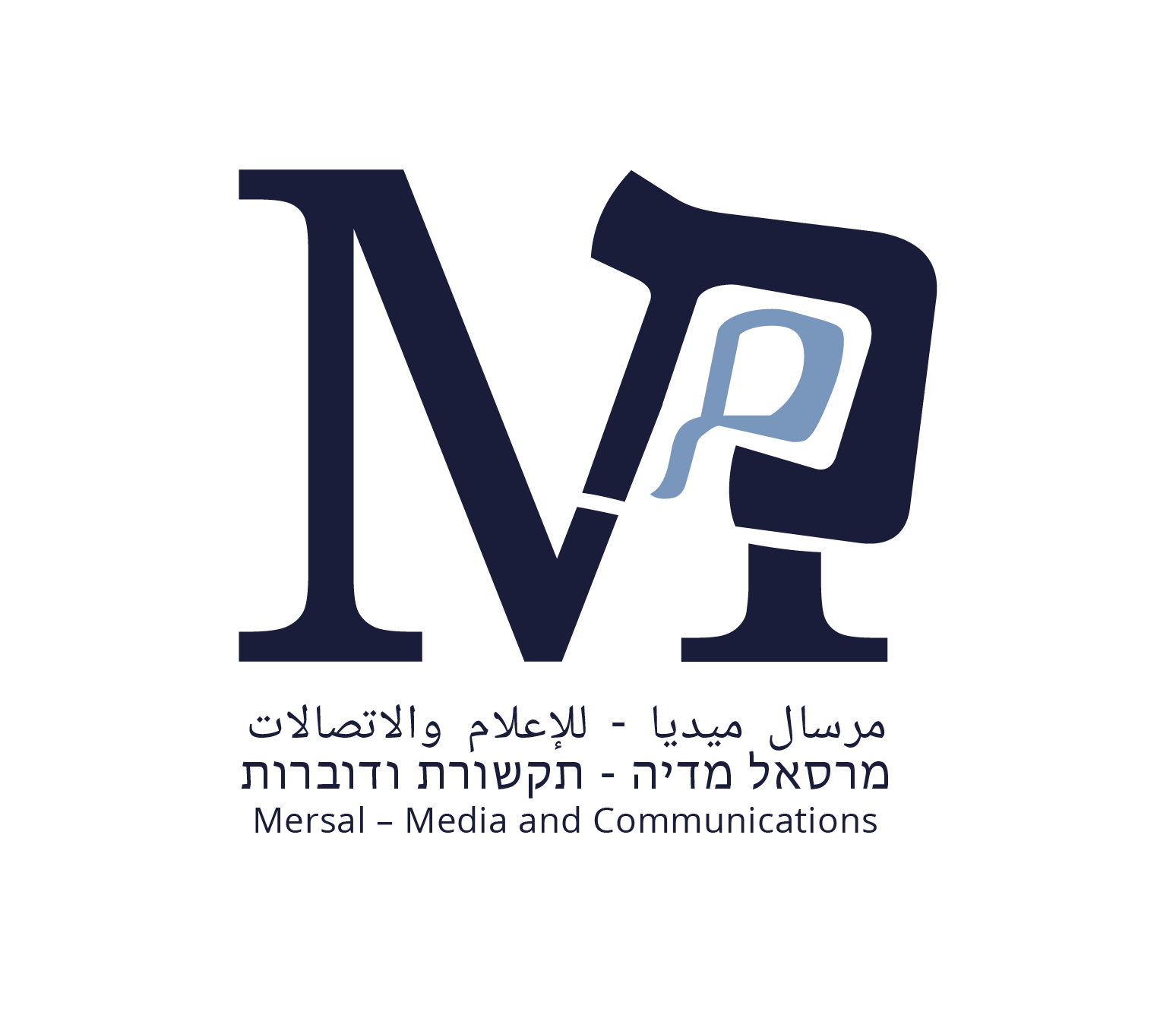Hebrew is the official language in Israel, hence its great importance in every connection between the state and the citizen. Moreover, even though Arabic documents are admissible to court, it is customary to submit it in Hebrew, for the convenience of all sides.
Especially, since the majority of judges and lawyers do not understand the Arabic language, and when it comes to insurance companies, local authorities, etc. it is customary to submit the evidence in Hebrew, which is understood by everyone and is considered the main judicial language in Israel.
About 20% of Israel’s citizens are Arab citizens, and probably the daily conversations between them, between those citizens, between friends, between homeowners and renters, between owners of vehicles involved in an accident for example, and between two parties to a legal dispute, take place in the Arabic language, not in Hebrew.
The Arabic language occupies a large space, as it is the mother tongue of the Arab citizens of Israel. Hence, the great importance of translating documents and conversations held in Arabic into Hebrew, precisely, and in the best possible way.
Translating between Arabic and Hebrew, despite being sister languages, is not an easy task, the translator does the work extracting from his/her extensive knowledge, to provide a translation that fits and acceptable in the various legal courts. It should be a reliable, correct, and accurate translation.
Marsal Media offers experienced and knowledgeable translators in all fields to translate all types of documents and conversations (transcription/direct translation). the company also performs editing and localization according to the place, the source, and the target audience at client’s request.
Despite the importance of reliable and accurate translation, there are several prejudices and misconceptions about transcription – legal translation from Arabic to Hebrew!
There are many companies that offer transcription services. It is common to think that transcription and translation from Arabic to Hebrew is the same thing, but there are big gaps between what each company offers. These differences are evident in the quality of the service, the availability and level of response, the quality of translations, and the final product. For example, transcription of different languages and adding intonation marks to the transcription/translation of the recordings.
Another misconception is that they think it’s just typing letters. So, transcription is not just typing. An experienced transcriber will know how to associate what was said with a certain speaker, so that at the end you get a uniform file, in which the speaker’s words are clear, and not a file full of mistakes, where sentences are assigned to the wrong speakers. Indeed, when the recording quality is not the best, the experience makes the difference!
The prices also play an important role in choosing a translator/transcriber. Many customers turn to the cheapest, and in the end return to an experienced translator/transcriber, because they received a poor-quality product!
There are those who try to do it themselves, and this work takes time. It is common to think that a one-hour transcription will take an hour, but unfortunately the quality of the recording greatly affects the transcription time. Professional and fast transcriber can transcribe quickly maintaining quality. Thus, an ordinary person who tries to transcribe or translate may need an hour and a half for every 10 minutes of recording. A professional transcriber will do it more quickly and better quality.
Therefore, the price is important, but it is not the only factor to be considered when choosing a translator/transcriber to perform the required service.
The prices also play an important role in choosing a translator/transcriber. Many customers turn to the cheapest, and in the end return to an experienced translator/transcriber, because they received a poor-quality product!
There are those who try to do it themselves, and this work takes time. It is common to think that a one-hour transcription will take an hour, but unfortunately the quality of the recording greatly affects the transcription time. Professional and fast transcriber can transcribe quickly maintaining quality. Thus, an ordinary person who tries to transcribe or translate may need an hour and a half for every 10 minutes of recording. A professional transcriber will do it more quickly and better quality.
Therefore, the price is important, but it is not the only factor to be considered when choosing a translator/transcriber to perform the required service.
Want to transcribe/translate a recording? Contact us for an offer!


